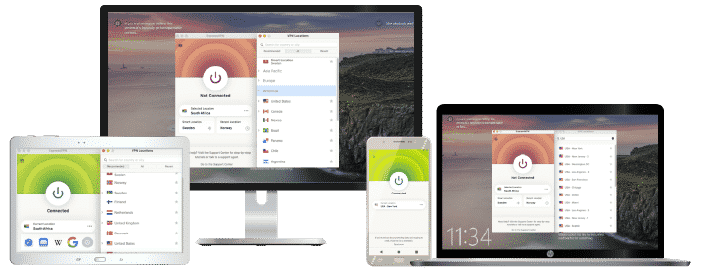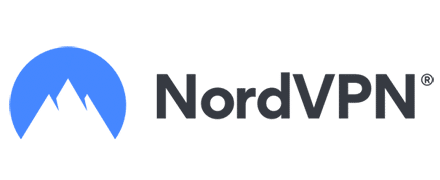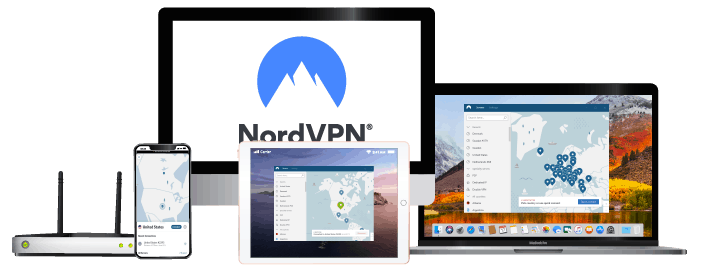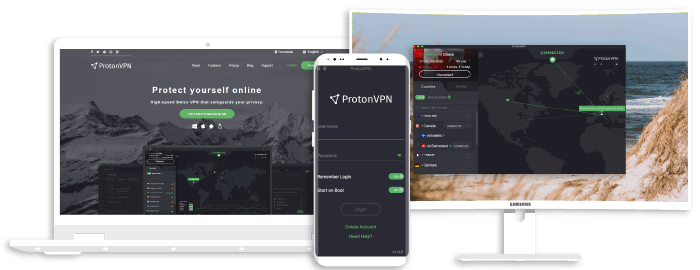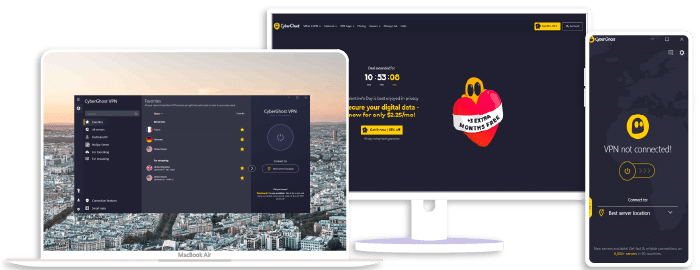How to Use VPN on Router
Let me start by saying that setting up a VPN on your router is easier than you might think. VPN, or Virtual Private Network, is an essential tool for securing our online activities and maintaining privacy in today’s digitally connected world. Whether we’re using ExpressVPN, NordVPN, or Surfshark, the process of integrating these services into our routers remains fairly similar.
Before diving into the step-by-step guide, let’s first understand why it’s beneficial to use a VPN on a router. When I set up my VPN directly on the router, all devices connected to it are automatically secured. This means I’m not just protecting my computer, but also every other connected device in my home — from smartphones to smart TVs! Plus, with top-tier VPN services like ExpressVPN and NordVPN providing easy-to-follow setup guides for various router models, there’s no reason not to get started.
Speaking of getting started — don’t fret if you’re new to this. I’ve been through the process myself and can assure you that even if you’re not particularly tech-savvy, you’ll be able to follow along just fine. Whether your choice is Surfshark or any other service provider, most offer intuitive steps that will have your router-embedded VPN up and running in no time.
ExpressVPN
Overall score: 9.8
- 3,200 servers across 105 countries
- Works with streaming platforms
- AES 256-bit encryption
- Supports private protocol, Lightway
- Money-back guarantee
30-day money-back guarantee
NordVPN
Overall score: 9.6
- 8,700+ servers available in 129 countries
- Connect up to 10 devices simultaneously
- Great security features
- Verified no-logs policy
- Unblocks streaming platforms
30-day money-back guarantee
Surfshark
Overall score: 9.5
- 4,500+ servers in 100+ countries
- Allows unlimited simultaneous connections
- Integrates stealth mode
- Multihop feature available
- Webcam protection from unauthorized apps
30-day money-back guarantee
Proton VPN
Overall score: 9.4
- 17,250+ servers in 125 countries
- Free version available
- Strong security features
- Reliable no-logs policy
- Allows Perfect Forward Secrecy
30-Day Money-Back Guarantee
CyberGhost
Overall score: 9
- 9,300+ reliable servers in 100 countries
- 45-day money-back guarantee
- Strict no-log policy
- Tough security features
45-Day Money-Back Guarantee
Understanding VPNs and the Role of Routers
Let’s dive straight in! A Virtual Private Network, or VPN, allows you to create a secure connection over the internet. It’s like having your own private tunnel through the chaos of the web. When using a VPN, your data gets encrypted before it leaves your device, protecting it from prying eyes.
Now let’s talk about routers. In most homes, a router is what connects all devices to the internet. You’ve probably got one sitting somewhere in your house right now – that box with blinking lights that sometimes needs a good reboot.
Here is where things get interesting: By installing a VPN on your router, every device connected to that router automatically benefits from the security features of the VPN. That means you don’t have to install and manage VPN apps on each individual device – they’re all protected at once.
There are many different types of routers out there, so make sure yours is compatible with the VPN service you choose. Some popular options include ExpressVPN, NordVPN, and Surfshark – but there are plenty more out there!
Consider this:
- ExpressVPN has an app specifically for certain Linksys and Asus routers.
- NordVPN works well on many Asus routers as well as some Synology models.
- Surfshark can be installed manually on various Asus, Netgear, and Linksys models among others.
Remember though: Installing a VPN directly onto your router isn’t always straightforward. The exact process may vary depending on both your specific router model and which VPN service you’ve chosen.
But don’t worry! I’ll walk you through how to do it step-by-step in our next section: “Installing Your Chosen VPN On Your Router”. Stay tuned!
Step-by-Step Guide to Using VPN on Your Router
If you’re looking to step up your online privacy game, using a VPN on your router is the way to go. With this approach, you’ll be able to secure all devices connected to your network with just one setup. Here’s how it’s done.
First off, make sure you’ve got a VPN subscription. I’d recommend ExpressVPN, NordVPN or Surfshark due to their reliability and excellent performance over time. They also offer detailed instructions for setting up their service on various routers.
Once you’ve chosen your VPN provider and subscribed, it’s time for step two: configuring the VPN on your router. This process might seem daunting at first glance, but don’t worry! It’s actually pretty straightforward once you get the hang of it.
For ExpressVPN, simply log into your account online and select ‘Set Up On More Devices’. Then choose ‘Router’ from the list of options presented. Follow the provided steps – which will vary based on your specific router model – and voilà! You’re all set up.
Setting up NordVPN or SurfShark follows a similar path: log in, find settings related to routers, and follow along with their respective guides.
Do keep in mind that not all routers are compatible with every single VPN service out there, though; before committing to any particular provider, ensure they support yours!
After getting everything configured, it’s important not just sit back and forget about it. Regularly check if updates are available for both your router firmware as well as the VPN client itself; staying updated is key for maximum security!
Here’s a summary:
- Get a subscription (e.g., ExpressVPN, NordVPN or Surfshark)
- Configure chosen VPN on your router
- Check compatibility beforehand
- Keep software/firmware updated
Remember, this isn’t an exhaustive guide; always refer back to each individual provider’s resources for more detailed instructions!
In conclusion, by following these steps carefully, you can enjoy enhanced internet security across all devices connected via your home network. And isn’t that what we all want? Happy surfing!
Conclusion: The Benefits of Running a VPN on Your Router
It’s no secret that using a virtual private network (VPN) can provide you with enhanced online privacy and security. But when you run a VPN on your router, the benefits significantly multiply. Here are some reasons why I believe it’s absolutely worth going through the setup process.
Firstly, running a VPN on your router secures all traffic that flows through it. This means every device connected to your Wi-Fi network is automatically protected by the same high level of encryption. You don’t have to worry about installing VPN apps on each individual device.
Secondly, using popular services like ExpressVPN or NordVPN can help bypass geo-restrictions and censorship. With these installed directly on your router, unrestricted internet access becomes available across all devices in your home or office.
Finally, most quality VPN providers such as Surfshark allow for unlimited simultaneous connections when configured at the router level. So whether it’s 5 devices or 15 devices connected to your network, they’ll all enjoy the same protection without additional cost.
While there might be initial hurdles in setting up a VPN at the router level – particularly if you’re not very tech-savvy – I can assure you that the benefits far outweigh any potential difficulties:
- Enhanced security across all devices
- Bypassing geo-restrictions easily
- Unlimited simultaneous connections
Running a VPN directly from my router has given me peace of mind knowing my data is secure and private regardless of which device I’m using. It also saves me time from having to manually connect each device to my preferred service (ExpressVPN or NordVPN). Plus, it offers unlimited access across multiple devices under one subscription plan if I choose Surfshark.
In essence, running a VPN on your router extends its advantages beyond just single-device protection—it essentially makes your entire home network more secure while providing greater freedom and flexibility for everyone who connects.
Join the TechRobot Newsletter
Actionable tips on online security, the best VPNs, unblocking guides, and special offers — straight to your inbox.

